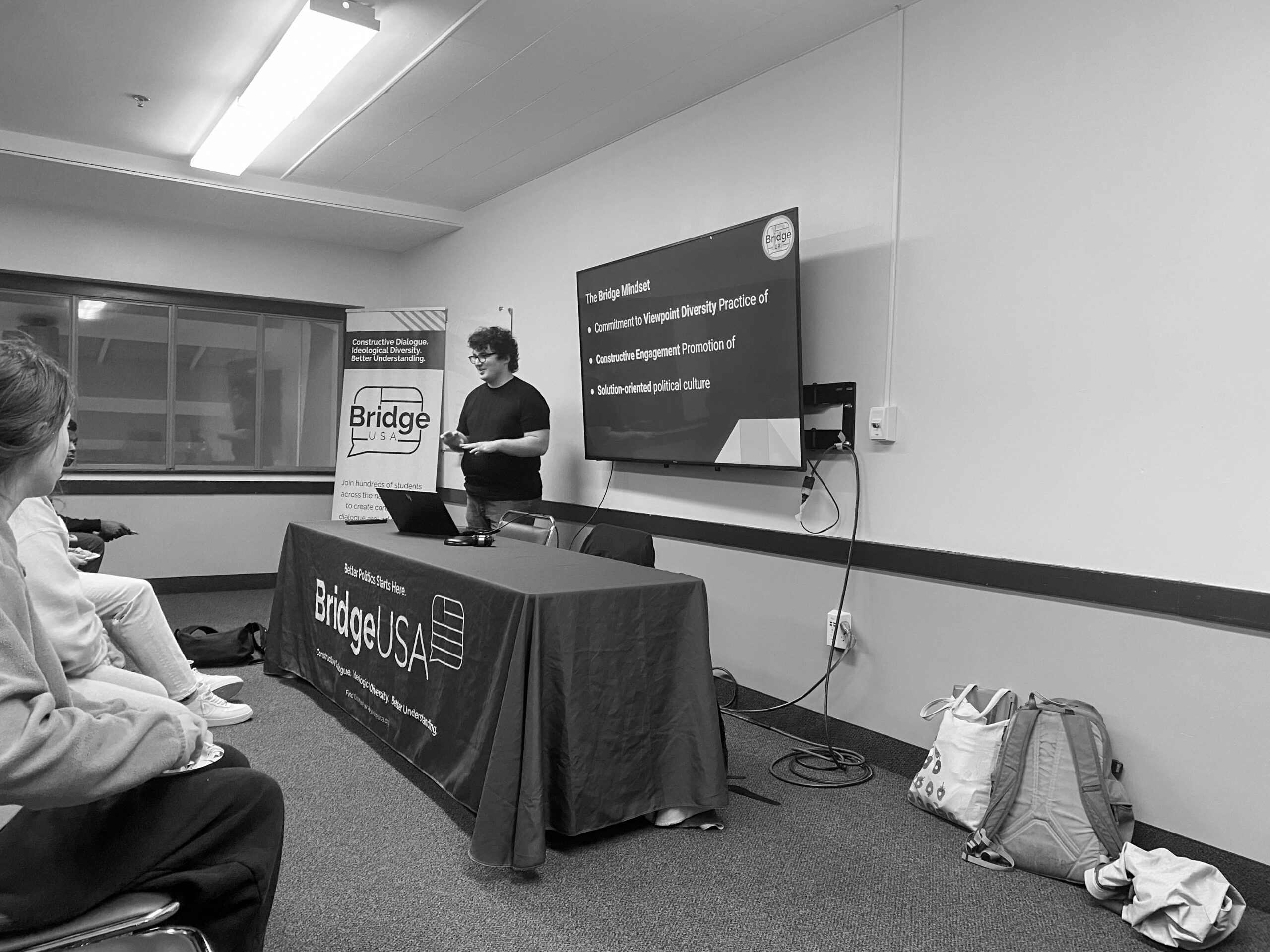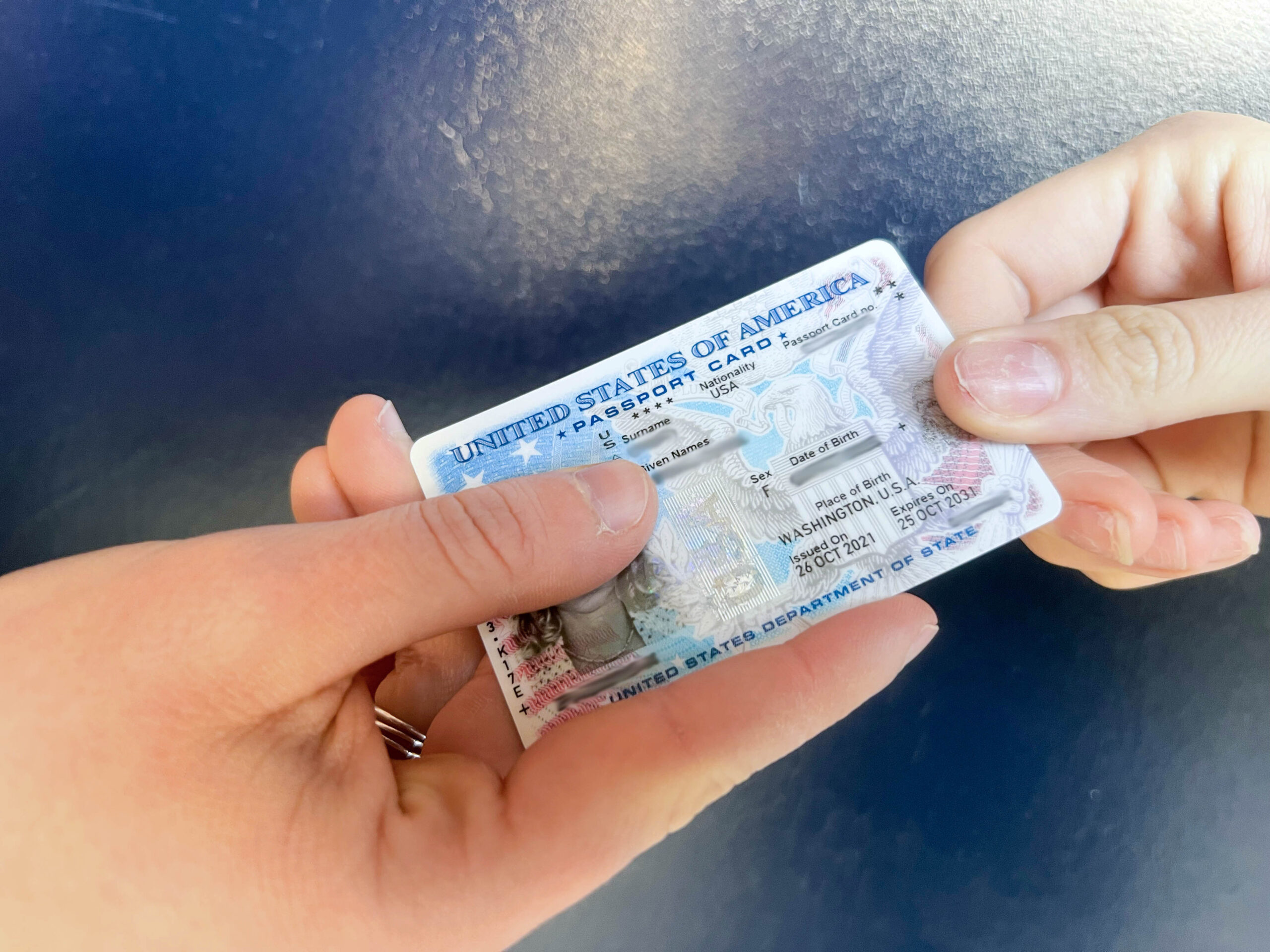University of Rhode Island faculty convened for an academic summit focusing on the use and potential integration of artificial intelligence in academia on Jan. 16.
Sue Adams, the interim vice provost for Academic and Faculty Initiatives, assembled staff and faculty with varying experiences and opinions on AI for the summit, entitled “AI at URI 2.0.”
We don’t typically do the same topic two years in a row,” Adams said. “This time around we thought it was important to do something a little more hands-on.”
The summit featured four breakout groups of different fields, including AI usage in teaching and learning, research, clinical work and university functions, according to Adams. ChatGPT, Gemini, AlphaFold, Adobe Firefly and Perplexity were all mentioned in the summit.
There was also a group focused on faculty who were disinterested in using AI, whether it be because of how the technology could affect class work, according to Adams. In this group they learned how to communicate their stances on the topic with students and fellow educators.
“We all have to be knowledgeable and aware of what AI is,” Adams said. “The capability of it. How to use it in order to make an informed decision not to use it.”
The Good Five Cent Cigar polled URI students from Jan. 29 to Saturday and found over 60% of surveyed students attend classes where AI is banned. While 50% of respondents noted they do not use AI in classes that ban the technology, 18.8% said “Yes” and 31.3% responded “Sometimes.”
The survey also found that almost 80% of respondents attend classes where professors utilize – or encourage the use of – AI. The Cigar received 49 student responses, encompassing 32 majors.
“[During] syllabus week, I probably had every single professor tell me, ‘Don’t use AI’,” Ella Gibson, a second-year geological oceanography major, said. “A lot of [AI] tends to be pretty inaccurate when it comes to some of the stuff that I study, especially because a lot of the stuff is constantly being updated.”
While tending to keep her distance from it, Gibson has used ChatGPT in the past. She primarily used the program as an occasional assistant, helping her find specific scientific equations she needed or to summarize long articles. Gibson limits her use of AI to these tasks.
“A lot of the kind of stuff I’m learning is kind of cumulative,” Gibson said. “So if I’m using ChatGPT to get through that one step, then when I get ten steps down the road it’s all gonna crumble ’cause I don’t know what I’m doing.”
Even if she had an incentive to use AI, Gibson, along with other students in her major, are heavily discouraged from doing so by their professors. Failure to comply would cause a student to receive a zero on the specific assignment they used AI on, or worse, be reported to a higher authority and go through a long and strenuous referral process, according to Gibson.
The university is still looking to integrate AI into certain aspects of campus life, according to Adams. Adams discussed a plan to use an AI module that can assist in academic advising for students by being able to adjust to a student’s specific situation and provide them with goals and pathways that can help them at a fast rate.
“My stance on it would probably change,” Gibson said. “I’ll probably end up using it more and more as it just becomes more integrated in things that we do. It’s probably going to end up taking away from some other fields – I mean with everything there’s fluxes.”
When discussing the potential impact that AI could have over the next decade or so, Adams highlighted some of the more positive aspects of having it assist in people’s jobs.
“What I hope is that in fifteen years when we look back we are able to say that we learned how to use A.I. as a tool which allowed us to open our time and space up to having more human interactions,” Adams said.



